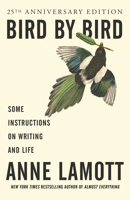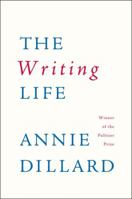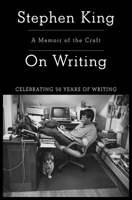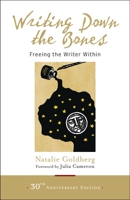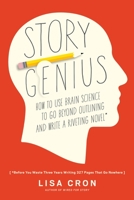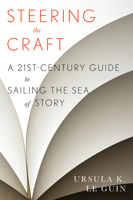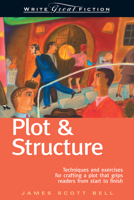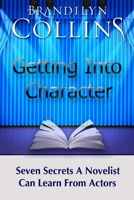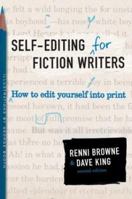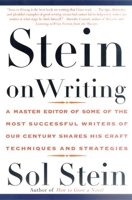NaNoWriMo Time!
Tips for National Novel Writing Month
By Ashly Moore Sheldon • November 06, 2019
You may be thinking that writing a book in just a month sounds extreme, but NaNoWriMo—turning 20 this year—has grown from just 21 writers in 1999 to hundreds of thousands now. Participants get access to planning tools, local writing buddies, community writing meetups, and online pep talks from published authors—all for free. The project has served as an incubator for some excellent books like Water for Elephants and Fangirl. If you've been kicking around the idea of writing a novel, this is the perfect time to take the proverbial bull by the horns and set off on the wild ride. Here are ten essential guides to get you on your way.
Find Inspiration
Every author struggles with motivation. Writer's block is real! It is so hard to put down the words when you aren't feeling inspired. It can be helpful to read about how other authors work through these difficulties. In our humble opinion, Anne Lamott's Bird by Bird is essential reading for just about everyone! Her whimsical anecdotes about single parenting, recovery, faith, and family will leave you alternately weeping and howling with laughter. And for writers, this lovely little set of pep talks runs the gamut of occupational obstacles, from the technical to the emotional.
In The Writing Life, a slim volume of beautiful essays by Annie Dillard, the author meditates on her relationship with her craft. What does it mean to be a writer? What is the point of writing? Her reflections offer a thoughtful view of the triumphs (sometimes thrilling) and tribulations (often brutal) of this singular vocation. Bottom line from these two experts? Just keep going.
Cultivate Your Craft
Writing is like any other ability. The more you practice, the better you get. Here are some books that offer helpful exercises and technical advice for honing your skills. If anyone can turn grammar into a juicy page-turning topic, it's the master of suspense Stephen King. His On Writing, part memoir, part guidebook, shares his own story along with a master class on creating powerful prose.
In Writing Down the Bones, author Natalie Goldberg offers practical advice and a Zen-like approach for freeing your creativity and finding your voice. It only makes sense. The more you flex your writing muscles, the stronger your skills.
Chart the Course
Creating a book outline can be a daunting task. Where do you start? What are the essential elements of a good story? Story Genius by Lisa Cron provides a step-by-step guide for devising a riveting plot and building a blueprint for success.
Ursula K. Le Guin's Steering the Craft lays out the fundamental components of nailing your narrative. Le Guin's warm, lucid tone and consciousness-raising exercises will help you clarify your plan and find your path. Now that you know where you're headed, you're off and running.
Form a Framework
In order to build a house, you need to start with a solid frame. Building a novel is similar in that you need to make sure you have a working structure, an immersive setting, and compelling characters. Along with several of the previously mentioned books, here are two that will help. Plot and Structure by James Scott Bell gives you methods and exercises for developing a sound storyline and avoiding common pitfalls along the way.
In Getting Into Character, author Brandilyn Collins successfully applies Stanislavsky's Method Acting techniques to the process of developing well-rounded, believable characters. Once you really know your characters, they begin to write your story for you.
Perfect the Product
So you've finished your first draft! Now what? Time to polish your prose so that it really sings. Self-Editing For Fiction Writers by Renni Browne and Dave King provides comprehensive exercises and checklists to guide you through this process from start to finish.
From veteran editor and straight shooter Sol Stein, you get Stein on Writing offering "usable solutions—how to fix writing that is flawed, how to improve writing that is good, how to create interesting writing in the first place."
These are just a handful of our favorite writing books, but we know there are so many other great options. Let us know which ones have stirred your creativity in the comments below!











